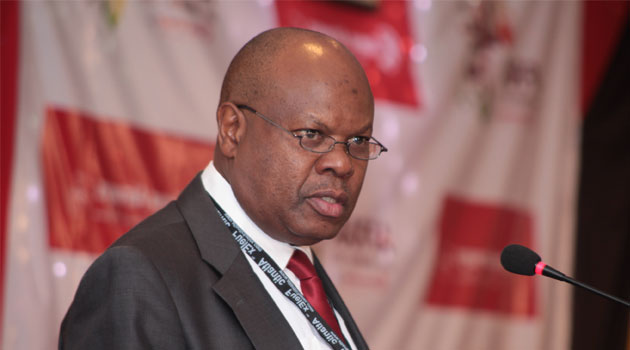AFRAA endorses international control over carbon emissions

The African Airlines’ Association
(AFRAA) has joined global campaign to stop carbon dioxide (CO2) emissions in aviation,
Dr. Elijah Chingosho, Secretary General of the association, has said.
Chingosho said the campaign, which was
initiated at the 39th Assembly of the International Civil Aviation Organization
(ICAO) in Montreal, Canada, has far-reaching benefits on aviation and safety of
the airspace.
“We applaud this deal that was struck after tense
negotiations during the last few years. The 191 states and the various
stakeholders including AFRAA, AFCAC and IATA worked very hard through the ICAO
system and managed to find the necessary compromises to establish the first
sectorial deal to reduce CO2 at global level. African airlines, the
aviation industry, other stakeholders as well as African institutions have been
consistently advocating a global solution under ICAO’s leadership for several
years”.
This is the world’s first climate deal aimed at
reducing global greenhouse gas emissions from international air travel. The
deal was overwhelmingly approved on 06 October with 191 countries agreeing to a
global market-based measure (GMBM) to control CO2 emissions from aviation.
The Carbon Offsetting and Reduction Scheme for
International Aviation (CORSIA) would complement a range of mitigation measures
the air transport industry was already looking at to cut CO2 emissions which
includes improved aircraft technology, efficient infrastructure, operational
measures at airports and expanded use of sustainable alternative fuels.
The historic agreement is significant because the
Paris Agreement, which was reached at last year’s COP21 summit, did not cover
aviation and shipping. This is the first worldwide scheme to address emissions
in any single sector. The agreement ensures that the aviation industry can meet
its economic and social contributions in an environmentally sustainable manner.
The GMBM will start from 2021 on with a pilot phase
until 2023. In the following year, there will be a voluntary first phase until
2026. From 2027 on, the measure will be mandatory for all States, with some exemptions,
such as for least developed countries, small island developing states,
landlocked developing countries and states with very low levels of
international aviation activity which virtually covers almost all African
states which advocated differentiated treatment.
It is heartening to note that those countries that
contribute the most to global air transport, including the United States,
China, the European Union, Australia and Japan have signed and joining up
voluntarily to implement this system.
No comments:
Post a Comment